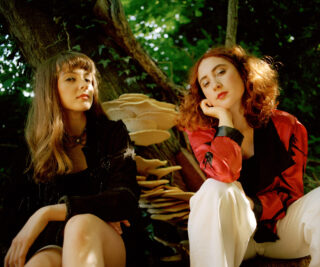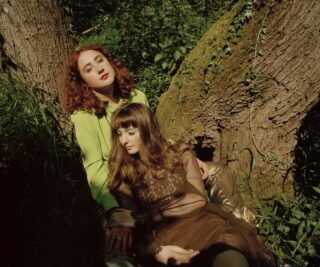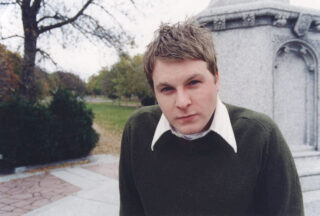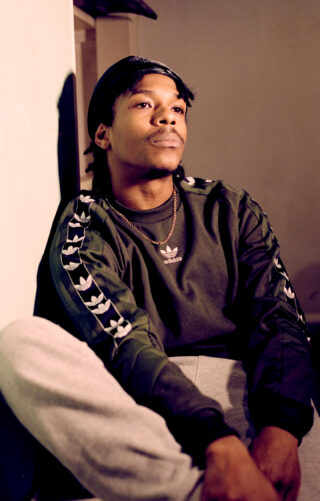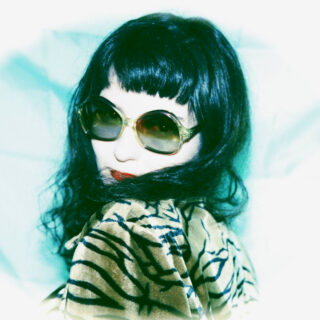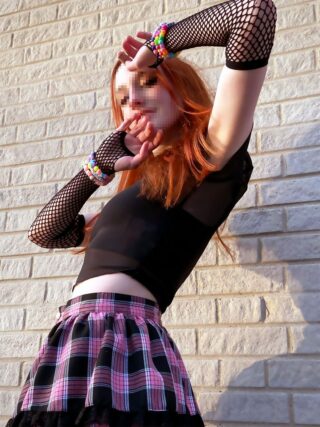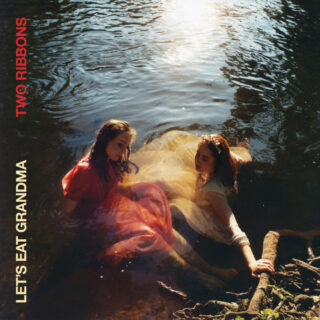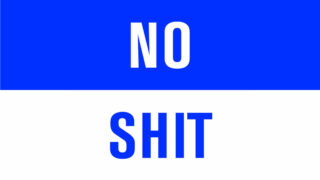Judee Sill
Jenny Hollingworth: I’ve just been really into the folk and folk-rock stuff from the golden period, which to me at the moment is 1968-1973, there’s just so much good music from there. There’s a lot that I’m lucky to be delving into for the first time and it’s really exciting. I particularly enjoy music that has a transcendence to it, something quite spiritual – not necessarily in the actual religious sense, although in hers it kind of is. For me, a lot of music is about connecting to something more transcendent and she is one of the artists that does that the most for me.
Particularly with a track like ‘The Kiss’, which is one of the best songs I’ve ever heard. What I find interesting about it is that there is a very surface level reading of it of being about God – which isn’t really surface level – but at the same time she writes it so that it can be a love song as well. That’s not necessarily her intention; it’s almost undefinable, this feeling of love and transcendence in one track. And her delivery, she doesn’t overly hammer the emotions, she’s just like, “Yeah, this is just how it is.”
Max Pilley: Hers is an incredible story. She was surrounded by Laurel Canyon and unimaginable success, but it never happened for her and she just disappeared into heroin obscurity and died. It’s a real tragedy.
JH: It’s incredible. It’s not really shocking, because there are a lot of people in the industry who don’t manage to get the amount of success that they deserve, but when you listen to such a unique artistic voice and so many amazing songs, she’s just totally up there with the very best.
MP: There’s something occultish about her as well, she seemed able to channel something that was invisibly scary and unknowable.
JH: She seems very strong-willed and very intense, in the best possible way. There are stories of her where she was like, “I don’t want to fucking open for anyone.” She gets compared to certain artists within that world, like Joni Mitchell, but she’s not really like that. She’s a bit more intense.
Earthling
JH: When I was about 16, I had a massive trip-hop phase where I just listened to all of the classics. I get most of my recommendations through word-of-mouth; a lot of my friends are music mad and one of them recommended Earthling. To me they’re an amazing band with such an interesting sound. Even though it fits in with Portishead and Tricky and stuff, I feel like it’s even more spaced out and trippy. It borders on being quite bizarre! It’s still one of those records that I listen to and I feel like I’ve been put in a completely different headspace. I’m always quite surprised by the fact that they’re not very well known at all, given the quality of the music. I think they had links to Geoff Barrow too, he worked on the record Radar, which is the one I really love. There are some really quite powerful songs on there – there’s one called ‘Planet of the Apes’, which seems to be about sexual abuse; that’s my reading of it, anyway.
MP: Would your trip-hop phase have overlapped with the time when you started recording with Let’s Eat Grandma?
JH: Yeah, I think that was after we finished recording our first album, I think we would have been putting it out at the time. It overlapped into making I’m All Ears, I think. It has definite second album vibes.
MP: Can you hear traces of artists like Earthling in I’m All Ears?
JH: I think so. The song ‘Snakes & Ladders’ was kind of ripping elements of it off, to be honest! Me and Rosa had to do projects delving into different genres and I picked trip-hop. We had to compose around that style and that’s where ‘Snakes & Ladders’ originally started out really, and then we just adjusted it into something more LEG.




